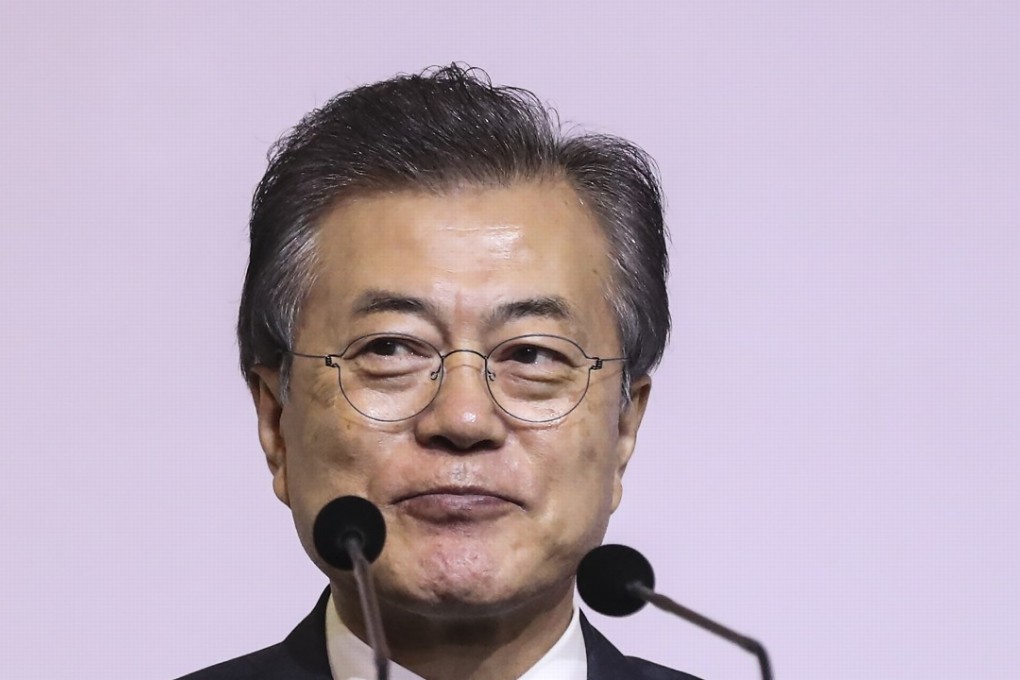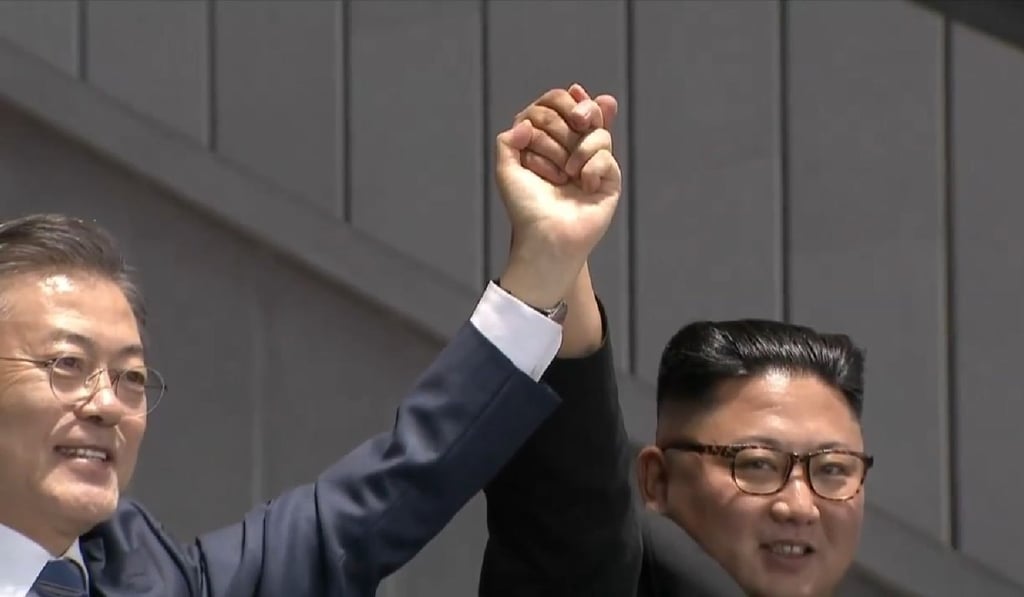A Trump-Kim bridge: has Korean summit proved Moon is a master diplomat?
The self-styled chief negotiator between Washington and Pyongyang has little concrete success to show for his troubles, but the political show he is putting on may be part of a longer game

On Thursday, the human rights lawyer turned liberal politician returned to Seoul from the three-day summit with a declaration that, on paper at least, appeared to deliver on that promise, and bolster his reputation as a superior diplomat.
Although the declaration did not include key US demands such as an inventory of nuclear sites and weapons, Moon declared on Wednesday that complete denuclearisation of the Korean Peninsula was now “not far away”.

Trump, who last month cancelled a planned visit to North Korea by his secretary of state Mike Pompeo, citing a lack of “sufficient progress”, welcomed the developments as “tremendous progress” and “very good news”.